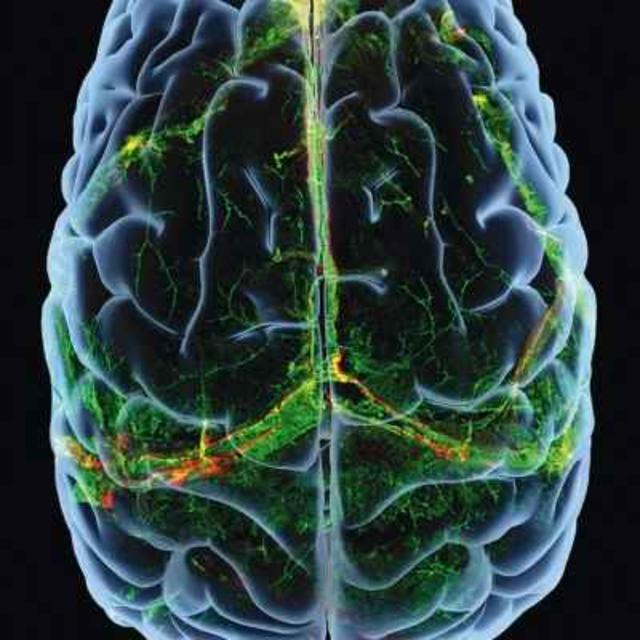
Medial orbitofrontal cortex dopamine D1/D2 receptors differentially modulate distinct forms of probabilistic decision-making
Jul 20, 2021•9 min
Episode description
It’s known that dopamine transmission in the brain, particularly in the frontal lobes, can affect decision-making and can regulate choices when it comes to actions and rewards. But the effect of dopamine transition in the medial orbital frontal cortex hasn’t yet been studied, and dysfunction in that region has been implicated in a variety of mental illnesses, including obsessive compulsive disorder, certain kinds of depression, and even schizophrenia. And so a team of researchers led by Stan Floresco, professor of psychology at the University of British Columbia, used a rat model to study the effects of dopamine on two receptors in the region, D1 and D2. To do so, they trained the rats on two games that involved decision-making, and then they infused drugs, one an agonist and one an antagonist, to the brain region. Have a listen!
Hosted on Acast. See acast.com/privacy for more information.
For the best experience, listen in Metacast app for iOS or Android
Open in Metacast